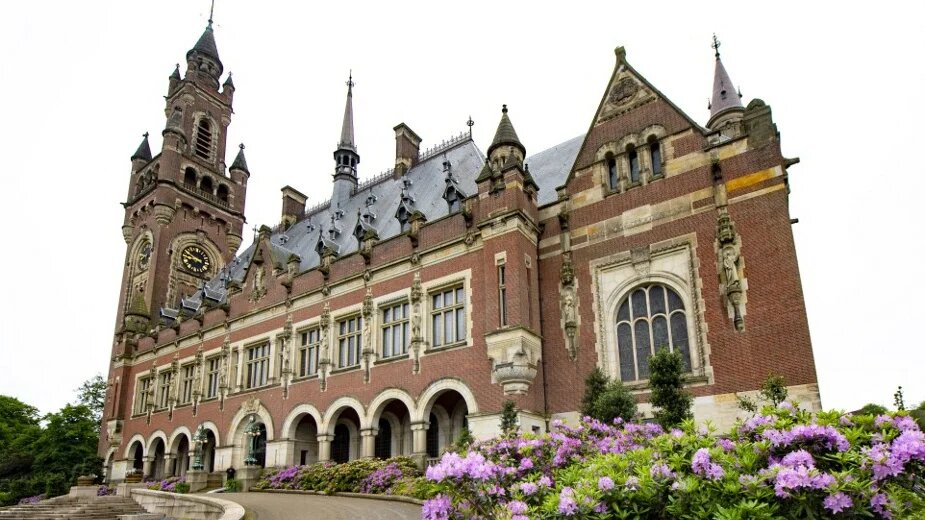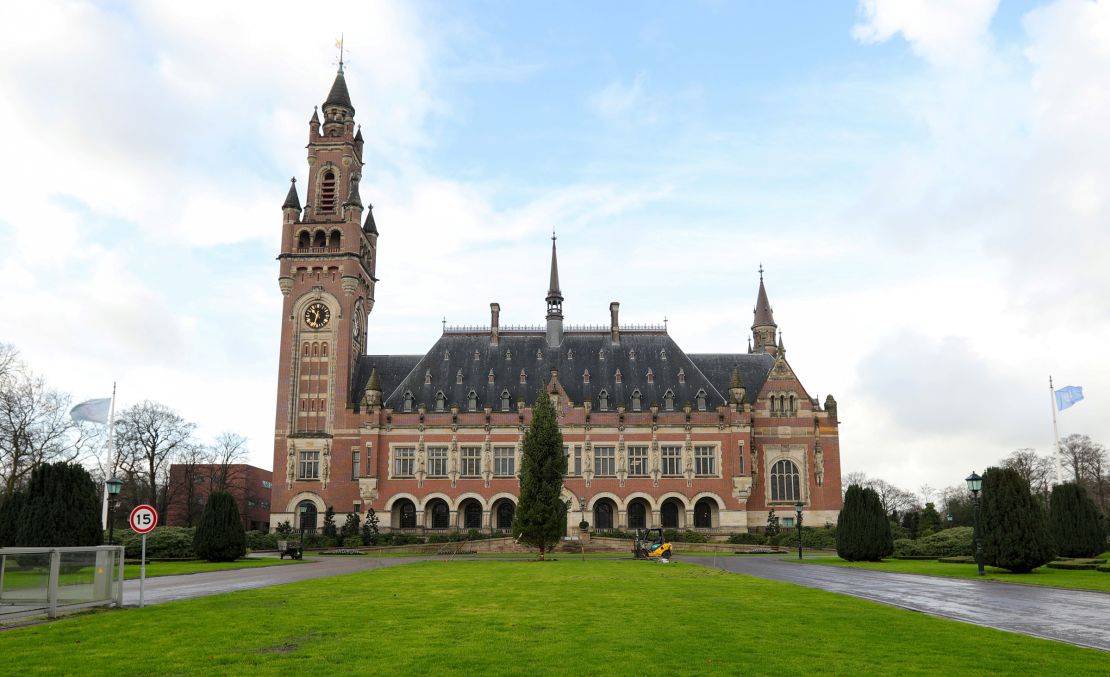Sudan has officially accused the United Arab Emirates (UAE) of playing a major role in the deadly conflict tearing through the country. This week, the case reached the International Court of Justice (ICJ) in The Hague, where Sudan is asking judges to urgently intervene. The country claims the UAE has supported a rebel force responsible for what it calls genocide in West Darfur.
The Sudanese government says the UAE provided weapons, funding, and logistics to the Rapid Support Forces (RSF), a powerful paramilitary group accused of carrying out brutal attacks against civilians—particularly targeting the non-Arab Masalit people.
This explosive case is part of a wider attempt by Sudan to gain international backing and halt the bloodshed. But it also puts a spotlight on foreign involvement in the Sudanese war and raises major questions about accountability under international law.
A War Rooted in Power and Control
The war in Sudan began in April 2023, sparked by a fierce power struggle between the country’s army, known as the Sudanese Armed Forces (SAF), and the RSF. What started as a political disagreement quickly turned into a nationwide crisis. Cities were destroyed, services collapsed, and more than 24,000 people have been killed so far.

Millions of civilians—over 14 million by recent counts—have been forced to flee their homes. The worst violence has occurred in West Darfur, where ethnic tensions have long simmered beneath the surface. The RSF, originally formed from the Janjaweed militias involved in past atrocities, has been blamed for mass killings, rapes, and other war crimes.
Sudan’s representatives say these acts amount to genocide. They claim the UAE’s support for the RSF is not just politically dangerous, but a clear violation of the Genocide Convention, a global agreement made after World War II to prevent mass killings of ethnic groups.
Sudan’s Case: The UAE Is “Fueling the Fire”
During the ICJ hearing this week, Sudan laid out its case in detail. Officials accused the UAE of operating military supply chains through Chad, sending weapons, ammunition, and drones to RSF fighters. According to Sudan, this support has allowed the RSF to commit systematic attacks aimed at wiping out the Masalit population in El Geneina, a city in West Darfur.
Sudan’s legal team called the UAE’s actions a “direct and key contribution” to the violence. They are urging the ICJ to impose emergency measures—essentially a legal order—to force the UAE to stop all support for the RSF.
They also asked the court to recognize the ongoing acts in Darfur as genocide and to hold the UAE accountable under international law.
UAE Strongly Denies All Charges
The UAE has responded forcefully, denying all allegations and calling the case an attempt by Sudan to shift blame. Emirati officials say Sudan is using the ICJ for political reasons, and that the charges are completely baseless.
In past statements, the UAE has insisted it supports peace and stability in Sudan and throughout the region. It claims that it has not supplied any weapons or material support to either side of the conflict.
The UAE has also raised legal concerns about the ICJ’s ability to hear the case. When the UAE signed the Genocide Convention, it included a legal reservation limiting the court’s jurisdiction. Legal experts say this could complicate Sudan’s efforts to move the case forward.
The Role of the International Community
The Sudan-UAE case has caught the attention of world leaders and human rights groups. In recent months, several countries—including the United States—have publicly condemned the RSF’s actions in Darfur. Washington has imposed sanctions on RSF commander Mohamed Hamdan Dagalo, known as “Hemedti,” and frozen the assets of businesses linked to the militia.
Humanitarian organizations have echoed Sudan’s claims, reporting targeted killings, burned villages, and large-scale ethnic cleansing. These groups have repeatedly urged the international community to take action and stop the flow of weapons into Sudan.
The United Nations has also voiced deep concern over the situation. UN investigators have documented widespread atrocities in West Darfur and warned of a potential repeat of the 2003 Darfur genocide, which killed hundreds of thousands.
What the ICJ Can—and Can’t—Do
The International Court of Justice, based in The Hague, is the UN’s main court for resolving legal disputes between countries. It does not try individuals for war crimes—that’s the role of the International Criminal Court—but it can rule on whether states are violating international agreements, like the Genocide Convention.
Sudan is asking the ICJ to issue “provisional measures”—emergency orders to stop the UAE from continuing any alleged support for the RSF while the case is being heard. These hearings are expected to take several months, if not years, to reach a final ruling.
Even if the ICJ rules in Sudan’s favor, enforcing that decision is another matter. The court does not have a police force or military. Its rulings rely on pressure from the international community and the political will of the countries involved.
What’s at Stake for Both Countries
For Sudan, the case is about justice, survival, and international recognition. Sudan’s government is under immense pressure at home and abroad. By taking its case to the world’s highest court, it hopes to turn global opinion against the RSF and its alleged backers.
For the UAE, the stakes are reputational. The Gulf nation has worked hard to build its image as a stable, modern power in the Middle East. Being accused of backing genocide is not only damaging to its brand—it could also affect trade, diplomacy, and security partnerships, especially with Western allies.
A Turning Point for Sudan—and the World
This case could mark a major moment in how the world deals with foreign involvement in civil wars. It’s rare for a country to take another to court over genocide, and even rarer for that case to center on the supply of arms and logistics rather than direct combat.
Whatever the outcome, the hearings have already brought renewed attention to the suffering in Sudan. They’ve also sparked new debates about the responsibility of outside powers in fueling or stopping wars.
As Sudan and the UAE face off in the courtroom, millions of civilians remain caught in the middle—desperately hoping for peace, justice, and an end to the violence.
Syria’s President Ahmed al-Sharaa to Visit Turkey and UAE Next Week



